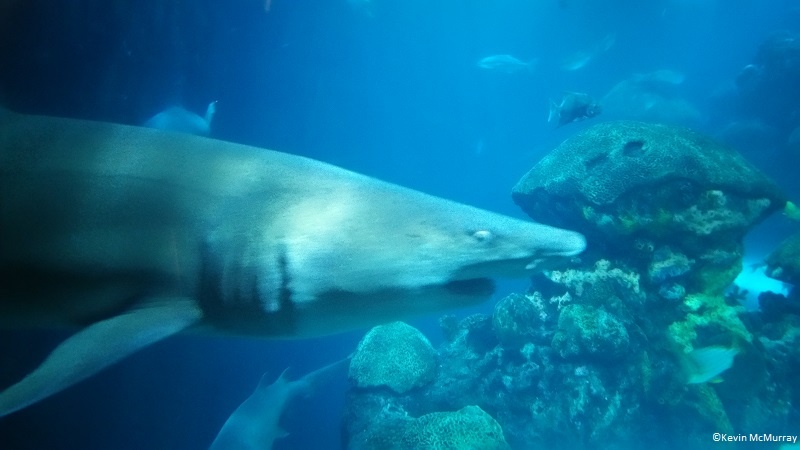Tracking Sharks hosts information on shark attacks across the globe. The purpose of the site is to understand and share information on why shark attacks occur and to help prevent negative shark encounters in the future.
As of Jan. 12, there have been 3 shark attack bites (1 provoked), 2 fatal, publicly reported and verified in 2025. One in the United States (Hawaii 1, Florida 0, California 0, North Carolina 0), and 1 in Australia (1 fatal). More information on 2025 shark attacks bites can be found on the 2025 Shark Attack Map.
Information on 2024 shark bites can be found at 2024 Shark Attack Bites Map.
For more information on the worldwide breakdowns for shark attack bites occurring in 2023 shark attack stats can be found on the 2023 Shark Attack Bites map, 2022 visit the 2002 Shark Attack Map, 2021 check the 2021 Shark Attack Map and to see the location of the incident visit the 2020 Shark Attack map.
A full list of our latest articles can be found here
The staff at Tracking Sharks is dedicated to relaying the most accurate information available on shark encounters as quickly as possible. While we strive to share information in a timely manner, presenting accurate information and facts is our main priority.

Classifying shark interactions as attacks or bites is a still debated subject. The term shark attack is firmly established in the lexicon of the majority of English speakers. Articles published on Tracking Sharks recognize single bite and release events as bites, where multiple bites are listed as attacks. Further clarification can be made by the reader based on presented information.
Each story is tagged to make locations easier to find and you can search for the beach or area that interests you by clicking the magnifying glass on the navigation bar.
The majority of shark attacks occur in the United States in Florida and can be more accurately described as shark bites. The bulk of interactions involve a single bite from a shark that quickly swims away. This hit-and-run method is indicative of smaller members of the species of requiem in the Carcharhinidae family.
The larger the shark, the more damage it can inflict and even a hit-and-run attack can be severe. Large sharks such as the great white, tiger shark and bull shark can cause significant damage.
Sharks, including large adults, can be very inquisitive to their surroundings. Since sharks have no hands, they use their mouths to examine items. While they may not be interested in consuming humans, a test bite from a large shark can be fatal.
There are some things you can do to help prevent shark attacks. Including not swimming during sunrise or sunset, swimming in clear water, and avoiding areas where fresh and saltwater meet. A full list of shark attack prevention tips can be found in our Shark Attack Prevention tip area.
The majority of sharks in the world’s oceans have no interest in humans. All sharks, even small ones, should be treated with respect. If you see a shark, do not try to touch or pet it. This includes plankton eating sharks, as their skin is covered in slime and touching or riding them can remove this protective film and could lead to infections for the sharks.
Tracking Sharks respects the rights of those attacked or bitten by sharks. Even minor shark bites can leave emotional scars on the person. PTSD and other psychiatric disorders may accompany those who are involved in or witness a shark attack or bite.
If you or someone you know has been attacked or bitten by a shark please contact Tracking Sharks. At your request, we can keep your information private. We are here to assist and help navigate the hurdles associated with the shark-human interaction. Tracking Sharks puts the person first and the story second. Throughout the years, we have built a network of shark attack bite survivors and thrivers who are always willing to lend a helping hand to someone who has experienced the trauma of an attack.




